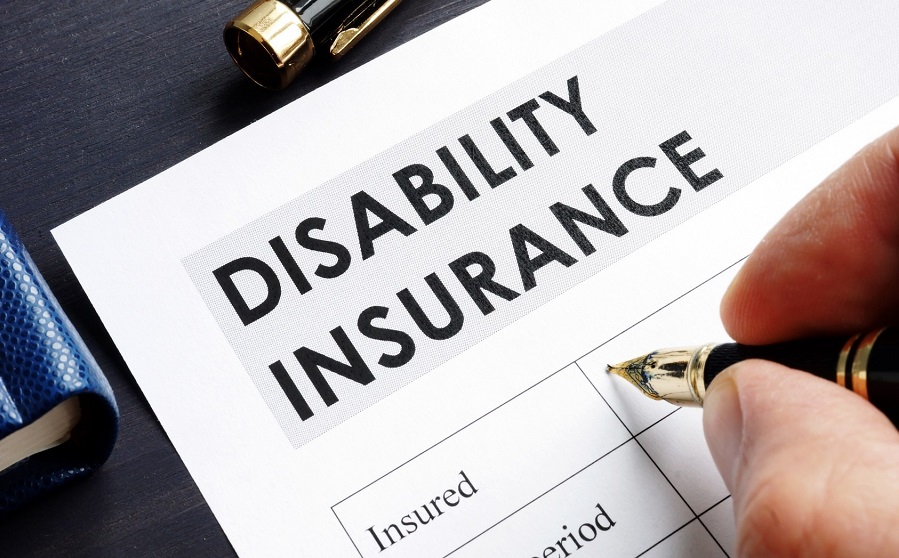When buying disability insurance, you are faced with an overwhelming amount of choice. So, how exactly do you work out which is the best policy for you? The majority of disability insurance providers will offer both short term and long term disability insurance policies.

Let’s discover how you can find the best short term and long term coverage to protect your income in the event that you are unable to work due to injury or illness.
Make the Distinction
When shopping for disability insurance understanding the differences between the two primary types of coverage is paramount. Short term disability insurance policies can provide a portion of your salary if you are unable to work for a short period. This period typically lasts for three to six months. Long term disability insurance however provides a portion of your salary if you are unable to work for a longer period. This period typically lasts for over six months.
Both types of disability insurance policy have a period that you must be disabled for before you are entitled to claim disability benefits. This period of time is known as an elimination period. To summarize, if you become disabled, you must wait until the elimination period is over before you can start receiving your benefits. If you are able to work before the elimination period is over, you will not receive any benefits.
Do I Need One or Both?
While it can be tempting to settle for either short term or long term disability insurance, it is more beneficial to assess how to make both types of disability insurance work for you. In the majority of cases, employers typically settle for a long term disability insurance policy alone as this covers catastrophic illnesses or accidents that can have prolonged financial impacts.
Consequently, if your employer does not offer any short term disability insurance, you might want to buy an additional individual policy to identify and remedy any gaps or limitations in your insurance. Short term disability insurance can provide an additional level of security but there are alternatives. For example, if you are temporarily disabled, you might be able to use your savings, investments, or other financial resources such as the income of another family member to stay on top of your living costs. No one likes to think too much about the possibility of being unable to work and earn an income but investing in disability insurance that covers your needs can safeguard your future. Not sure where to start? Doing some research online into how much is disability insurance can make things easier.
Getting the Right Disability Insurance for You
One of the biggest misconceptions about disability insurance is that it is unnecessary if you are currently young and healthy. In fact, the opposite is true. While you are young and healthy, you are usually more likely to be underwritten successfully. Moreover,most insurance policies require medical underwriting, and this usually includes reviews of your medical records, blood tests, and a physical assessment.
As discussed above, disability insurance comes in two main forms and therefore it can be purchased from a wide variety of providers at several price points. The price of a disability insurance policy typically depends on the length of the elimination period, the benefit period, and the strictness of the definition of disability within the policy. Be careful when doing your research and speak to an insurance advisor if possible. There are some useful insurance comparison websites out there if you need further support. Similarly,a needs-analysis that takes your current and ongoing expenses such as any mortgages, debts, and savings into consideration can also come in handy. If you are living in the UK and have a disability you should look into DSA if you’re in higher education. DSA needs assessment but it can help you pay for costs related to higher education.
When considering short term and long term disability insurance there are a lot of factors that need to be taken into account. That being said, if you are ever unable to work due to illness or injury, by acting now and investing in disability insurance, you can avoid financial troubles in the future.
Are you currently in the process of reviewing your insurance needs? Take a look at this useful guide to the main types of insurance so that you can make an informed decision about how to proceed.

